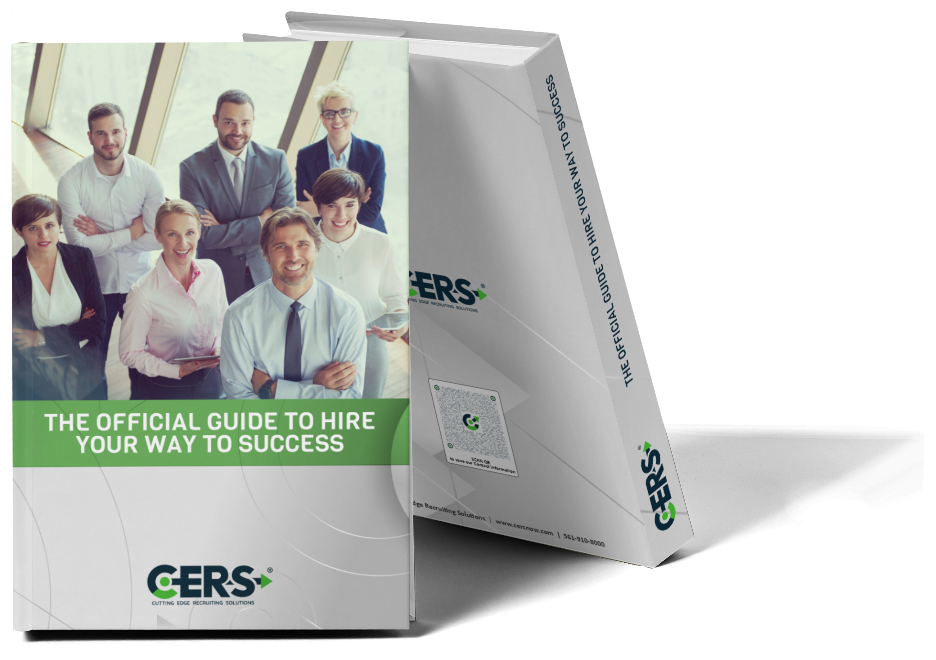One of the most vital documents for any company is the Employee Handbook. It is essentially a rule book for your business, letting all employees know what is expected of them and how the company is to operate. But as time progresses, your company changes just as the world around it. The Employee Handbook you are currently using might not be the best fit going forward. This could not only create problems within the company, but could make it legally vulnerable.
The importance of the Employee Handbook
Every company of every size needs to have a handbook. An Employee Handbook defines your company’s ground rules and explains what is and is not considered acceptable behavior. Additionally, it outlines anything from your payroll schedule and vacation policies to the federal, state and industry regulations with which you are mandated to comply. This document allows everyone within the company to operate on the same page, and protects the company from legal liabilities. It’s for these reasons that you need to regularly review your Employee Handbook, and see what updates you need to make.
When to review the Employee Handbook
There are three main times that you want to go over your current Employee Handbook. The first is when your company is growing. As you’re expanding, you are likely taking on new employees, dealing with more customers, and changing up your business practices. It’s important that your Employee Handbook reflects the size of your company, along with all of the things your company does. For instance, if your business is now actively using social media as a marketing tool, you’ll want to include guidelines for how employees should utilize social media, especially when speaking for the company. Updating your Employee Handbook during expansion times will help not only your current employees, but any new employees that you bring on.
The second time you want to review the handbook is when the laws change. Your business needs to comply with local, state, and federal laws, and these can change at any time. As these change, you’ll need to make sure that your business is following the new laws, that your employees are aware of the changes and following the new laws as well.
Third, you should review the Employee Handbook at the end of every year. Even if your company hasn’t changed much, or there are no new laws, it’s still an excellent time to look back and look for ways to improve.
What to look for during the handbook review process
When you sit down to go over the Employee Handbook, it’s good to know what you are looking for. Have a list of things you want to explore, and keep them in mind as you are poring over the document.
For starters, you should think back on the previous year, and gauge how well you used the handbook. Did it help you settle disputes? Did all of your employees know what was expected of them? Was it frequently turned to as a helpful resource? These sorts of questions will help you to determine how much you actually used your handbook in the previous year. If you find that the answer was “not much”, then perhaps it’s time for some changes.
After that, specifically look for where mistakes were made. Were these mistakes the result of an unclear handbook, or the result of an employee not reading it? What can you add to the handbook to prevent this mistake from happening again, or how can you ensure that every employee knows the guidelines? The first Employee Handbook you write will likely not be perfect, but by learning from your mistakes, and updating the handbook as you go along, you can hopefully prevent them from happening again.
Finally, you want to keep a list of all the new laws your Employee Handbook will need to contain. As we said, the laws your business is subject to could change at any time, and your handbook needs to reflect these changes. Depending on the size of your business you can keep up on the latest law changes by subscribing to various newsletters – such as the Society For Human Resource Management’s – or have an employment law attorney send you updates.
Ensuring your employees read the handbook
The final thing you want to consider when going over your handbook is how to get people to read it. Your handbook doesn’t do much good if no one is getting the information it contains. Most companies require that their employees sign off acknowledging they read the document. Another option is to have your employees answer some basic questions about the document after they read it, ensuring the important information was received.
Ask your employees to go over the handbook when they are first hired, and then anytime you make changes afterward. The Employee Handbook is a tool that allows everyone to operate on the same page, but if you make changes without notifying the employees, that can’t happen. It’s also a good idea to ask your employees to go over the handbook again at the start of every year, even if you don’t make changes, just to refresh their memory of what it contains.
Your Employee Handbook is important – give it regular maintenance
The Employee Handbook is one of the most important documents your company creates, and an out-of-date handbook doesn’t help anyone, and could even make some situations worse. To avoid this, you’ll need to not only monitor your handbook for possible improvements, but also keep abreast of the law changes around you. Finally, you need to ensure that everyone within the organization not only has access to the document, but actually knows what’s in it. If you can do all of this, you should find that your Employee Handbook becomes one of your more trusted documents, and improves multiple facets of your company.









